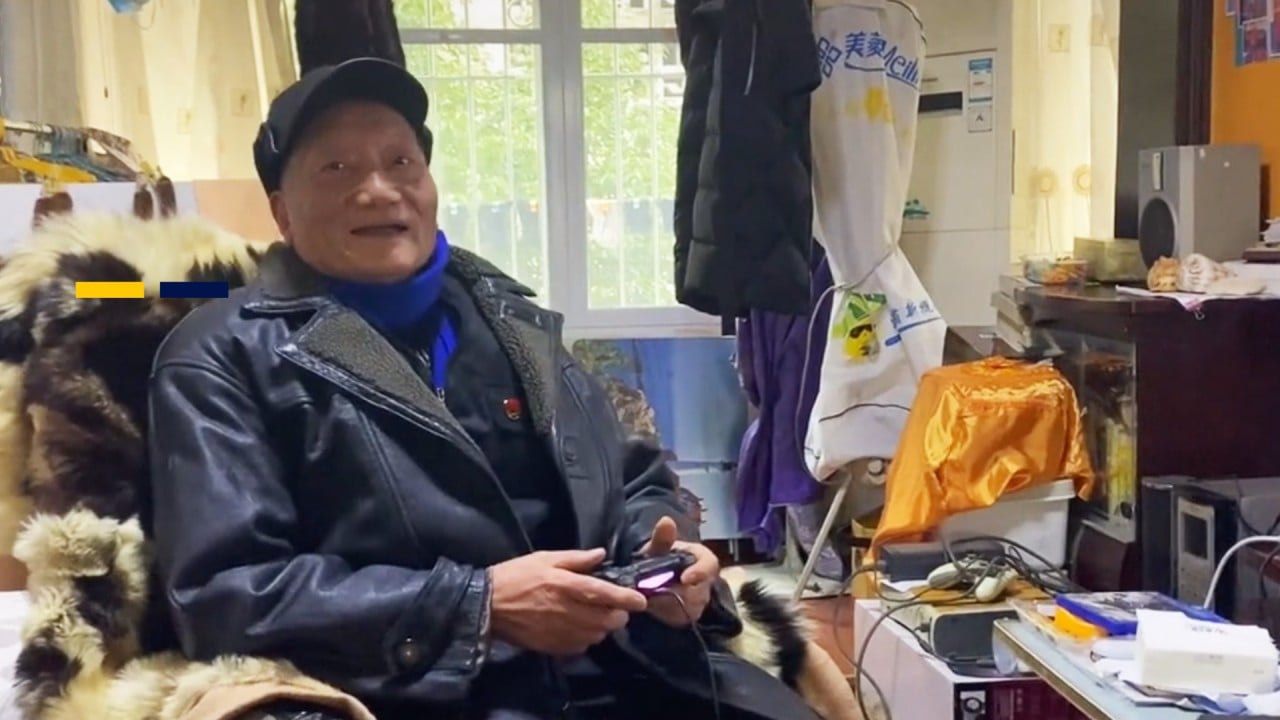
Tencent is paying users to try its new classic TV streaming app in effort to quickly grow elderly, rural user base
- Pianduoduo features ad-free on-demand streaming of popular classic Chinese TV shows
- China’s lower-tier and remote rural areas have become major targets for Big Tech looking for new areas of growth
Offering entire seasons of popular classic TV series ad-free, including mythical action-adventure Journey to West, imperial court drama My Fair Princess, and historical spy thriller Sparrow, Pianduoduo gives users digital coins in exchange for watching.
Capped at 3,600 coins per day, for a total monetary value of 0.2 yuan, users can earn 60 coins for every minute they watch. The app, with a very simple design and layout, does not explicitly state the cap until the user reaches the maximum earnings for the day.
Tencent did not immediately reply to a request for comment.
“If [users] can get paid for watching something they‘d probably watch anyway, it will have widespread appeal,” said Mark Tanner, managing director of Shanghai-based consultancy China Skinny. “But if it isn‘t [sticky], the viewers will leave the minute the cash stops.”
Paying users is an increasingly common tactic among China’s internet companies to quickly grow their user base, especially those who are less tech-savvy and have more free time like the elderly and rural.
“This is a proven tactic of tech companies to attract new customers, especially elderly or those from rural areas,” said independent internet industry commentator Zhang Dingding. “But these customers have lower loyalty and weaker purchasing power, so the vast number of users do not lead to strong commercial abilities.”

Reactions on social media were muted. Those that did post about the new app were mostly sceptical.
“Does it mean ‘lots of lies?’”, one user asked on social media platform Weibo, a pun on homophones ‘lie’ and ‘video’ in Mandarin Chinese.
“Paying users cash is a familiar gimmick,” said another user. “Will [the app] start charging membership fees after two months?”
The launch of Pianduoduo highlights China’s Big Tech increasing focus on underserved markets in the quest for new growth as well as Tencent’s efforts to catch up in video.

04:22
The Chinese grandpa who has cleared 300 video games
“Video expression will be a major theme for the next 10 years of content generation,” Alan Zhang told the audience at WeChat’s 2021 annual developer conference.


